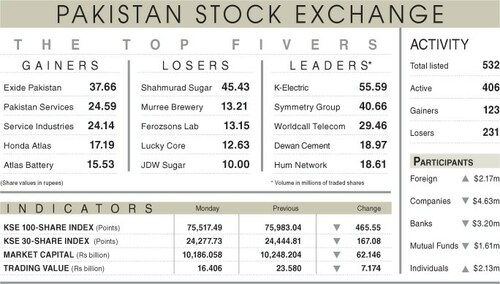SINGAPORE: The Asian Development Bank (ADB) Monday urged regional governments to tackle rising income inequality with more urgency, warning any delay could undermine social cohesion and economic growth.
Rajat Nag, ADB's managing director-general, said failing to address the problem now could spark further dissatisfaction and lead governments to resort to populist measures to appease their citizens.
But populist measures like fuel subsidies and cash grants are taxing on state coffers and could result in financial instability in the longer term, he said.
“Rising inequality obviously has issues about social cohesion and about political consequences,” he told reporters in Singapore ahead of the bank's May 2-5 annual meeting in Manila.
If policymakers do not address the problem now, “there will be greater pressure later to maybe take on populist policies which are not economically very wise because there is mounting pressure and for political reasons to start making concessions,” Nag said.
“But if you handle them early enough, those pressures can be dissipated.”
A study released by the Manila-based bank this month warned Asia's rising wealth was fuelling inequality and income disparities, with the underprivileged at risk of being sucked into a “vicious circle” of poverty and neglect.
Nag said a first step towards narrowing the income gap would be the reduction of general subsidies -- including those on fuel and cash transfer programmes.
The money could be better spent on public health, education and in building human capital, he added.
“Governments need to have better targeted social expenditures and social protection schemes,” Nag said.
“You've got to look at fiscal expenditures being made on the social expenditures, you've got to see that the subsidies are not too broad, you've got to see that the tax bases are made broader.”
Despite the region's fast-paced economic expansion, rising income inequality has had a “dampening impact on economic growth reducing poverty”, Nag said.
In Asia, the Gini coefficient -- the main measure for income inequality -- has risen from 0.33 to 0.46 over the last 20 years, according to ADB figures.
“If inequality had remained stable in Asia from 1990 to 2010 we reckon that about 240 million more people would have been lifted out of poverty than has been the case,” Nag said.
ADB's annual meeting at its Manila headquarters will bring together the finance ministers and central bank governors from the institution's 67 member countries.















































Dear visitor, the comments section is undergoing an overhaul and will return soon.